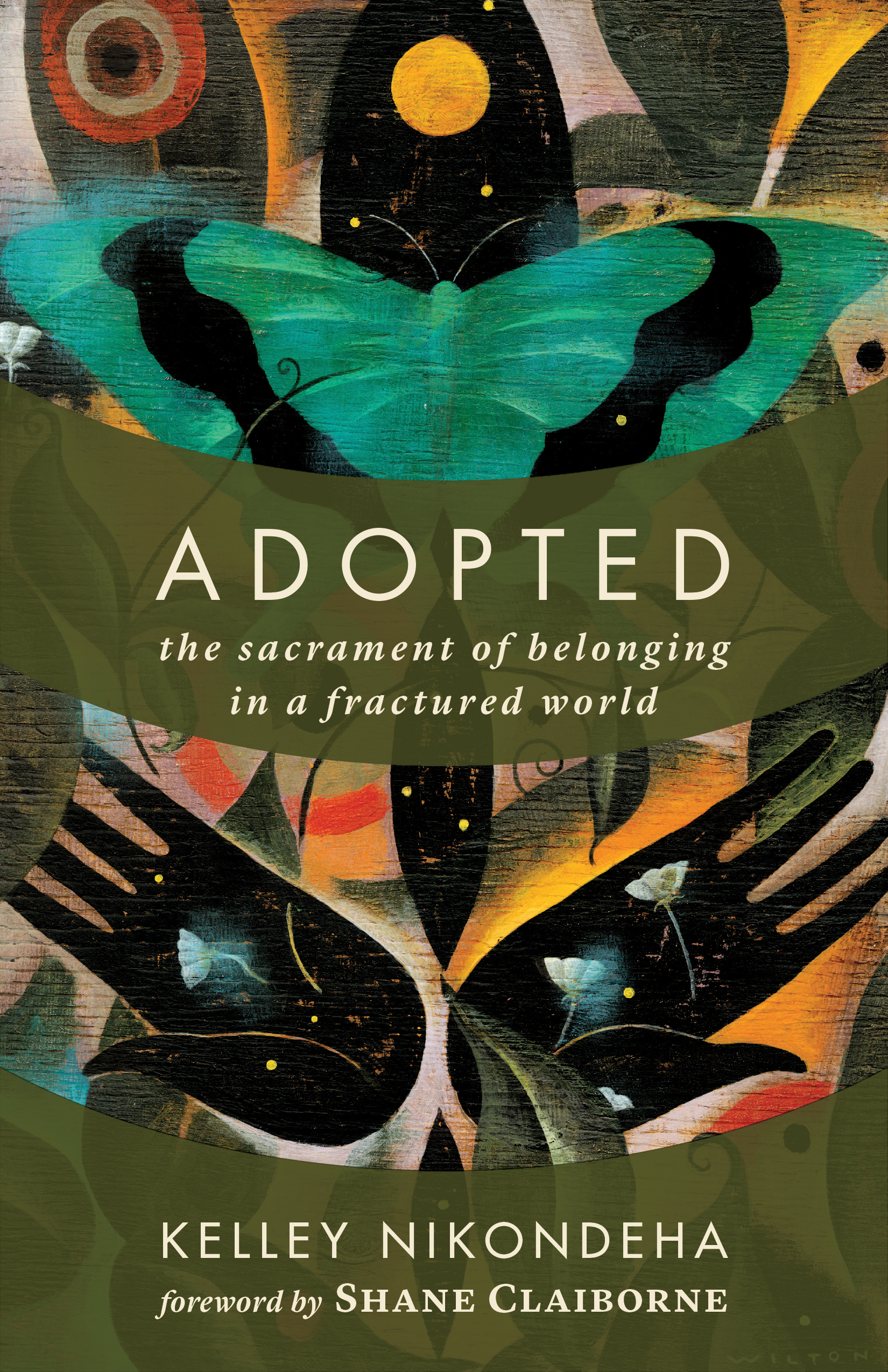
Kelley Nikondeha (Tina Francis)

One of the many things that surprised me while adopting our two children was the sizeable number of evangelical Christians in the adoption community. Some were putting their pro-life principles into practice by "caring for the orphan." Others, it seemed, were mothers whose biological children had grown and who wanted to continue to parent young children in midlife.
All were motivated by their faith to adopt — and not always in ways that were positive. There was an undercurrent of a desire to "rescue" babies, especially with international adoption in developing countries (an attitude that psychologists say can scar adopted children by making them feel like a "project"). Some even emphasized the evangelical nature of the process: They were saving children from non-Christian religions and introducing them to Jesus.
It's not my place to judge any adoptive family, though I see dangers in the "rescue" and evangelical motivations. Yet I did not understand some of the underlying theological influences, since the "theology of adoption" is less stressed in Catholicism than in evangelical Protestantism.
"Biblical adoption," as this theology is often called, draws on Pauline letters to compare God's relationship with believers to that of a father and adopted child — and makes that relationship necessary for redemption. Thus, the jump to see actual, legal adoption of a child as somehow redemptive.
Kelly Nikondeha, author of Adopted: The Sacrament of Belonging in a Fractured World, is influenced by this theology, but her book is strongest when she moves beyond it, arguing that adoption can be a metaphor for a new way of belonging and connecting.
Her message couldn't be more relevant in a world where tribalism is on the rise and difference is suspect. She argues that adoptive families — who create bonds that don't require blood — can be models for a broader understanding of family and new ways of belonging that supersede biological or ethnic connection.
"The other is always much closer to being our kin than we imagine," she writes. "It's the continual work of the prophets and the Spirit to open our eyes to this simple yet astounding truth: Anyone can be our family if we let them."
Advertisement
Nikondeha, who was raised Catholic until her parents joined an evangelical church when she was in middle school, returned to Catholicism later in life. Her Master of Divinity is from the evangelical Fuller Theological Seminary, yet on her website, kelleynikondeha.com, she describes herself as "ecclesiastically promiscuous."
She writes from experience with two sides of what's known as the "adoption triangle": She was adopted as an infant, and she and her husband have adopted two children from Burundi.
Her book weaves stories of both experiences with scriptural reflections on Naomi and Ruth, Jesus (whom she calls the Adopted One), and the good Samaritan, as well as theological reflection on shalom, hesed (steadfast love), and the African concept of ubuntu (usually translated as solidarity or connectedness).
The chapters can be a bit disjointed, as they are made up of one- to three-page vignettes that jump from a first-person story to a scriptural reflection to summarizing other theologians. I wanted her to go deeper with some of her insights, especially in the chapters on "Relinquish" and "Receive" — the two that deal with placing a child for adoption and adopting a child, the two sides of the adoption triangle that I have experienced.
"Relinquishment is the shadow side of belonging," she writes, adding that Jesus' experience of having been relinquished by God to join humanity can help us to see the seeds of redemption in any loss, including divorce or death.
Although universalizing adoption experiences of loss and connection gives the book wider appeal, I'm not sure it's helpful, especially for adoptees. Nikondeha writes positively about her own adoption, saying she is grateful her birth mother gave her life and seemingly harboring no regret or anger about not being raised by her, nor feeling the need to search for her.
But not all adopted people feel the same. In fact, within the past generation or two — in part fueled by the ability to connect on the internet — many adults who were adopted have become vocal about their negative view of adoption, not only its roots in deep loss but also some unethical adoption practices.
Nikondeha briefly mentions these issues, but, in my opinion, glosses over them too quickly. Although such negative aspects of adoption do not fit her thesis, they deserve to be wrestled with.
Instead, she sees receiving an adopted child as an act of "hospitality," one that is then reciprocated by the adopted child who accepts his or her parents as family. This mutuality, Nikondeha argues, is a model for other relationships.
Not every assertion in the book — especially those that universalize adoption experiences or connect adoption to redemption — was persuasive to me, admittedly a tough reader as a biological and adoptive mom. Yet the book is successful in holding up adoption as inspiration for more connection in a disconnected world.
The "unorthodox genealogies" in adoption prove that belonging can be found in unexpected places, Nikondeha says. "Belonging is a choice, a series of habits, and way of life that cultivates healing."
[Heidi Schlumpf is NCR national correspondent.]





